Taking a Big Swing
The Art of Risk in Performance
In theater and comedy, being great means being bold. This is often described as "taking a big swing."
What does it mean to take a big swing?
It refers to those crucial moments where you put everything on the line with a bold move. This isn't about playing it safe; it’s about risking it all for the chance to make a significant impact. When you take a big swing, you could indeed fail—I've been there, experiencing the sting when the expected laughter doesn't come, and the room falls silent. Sometimes, what you try might not work, leaving your efforts unnoticed.
Yet, these moments are what help performers grow. Taking big swings tests your creativity and courage, teaching valuable lessons regardless of the outcome. Whether you succeed or learn from failure, each attempt helps you become better at your craft.
Taking risks is vital in performance, not merely for the sake of applause but for pushing your limits and discovering your true potential. The boldest moves often lead to the most significant breakthroughs.
And it’s clear when something doesn’t work—you immediately think, “oh, that didn’t work.” But making these big, decisive swings isn’t confined to the stage. I’ve always been comfortable taking these risks in performance, and now, this concept is making its way into other creative endeavors as well.
It’s much easier to see that something is wrong if you’re willing to expose the weaknesses. Then you can course correct and get much quicker to a solution.
Of course, there's always the risk of looking foolish when you lay bare your shortcomings. However, if you can move beyond the fear of embarrassment, you'll find it's highly beneficial for your creative growth in the long run. Being open about where you need improvement not only accelerates your personal development but also fosters a more authentic connection with your audience.
Ultimately, embracing this kind of vulnerability is not just about making adjustments; it's about evolving as a creator. By acknowledging and addressing your weaknesses, you pave the way for stronger, more impactful work. And in the end, the rewards of pushing past the initial discomfort far outweigh the temporary fear of appearing foolish. This approach doesn't just solve problems—it transforms them into opportunities for innovation and deeper engagement.
